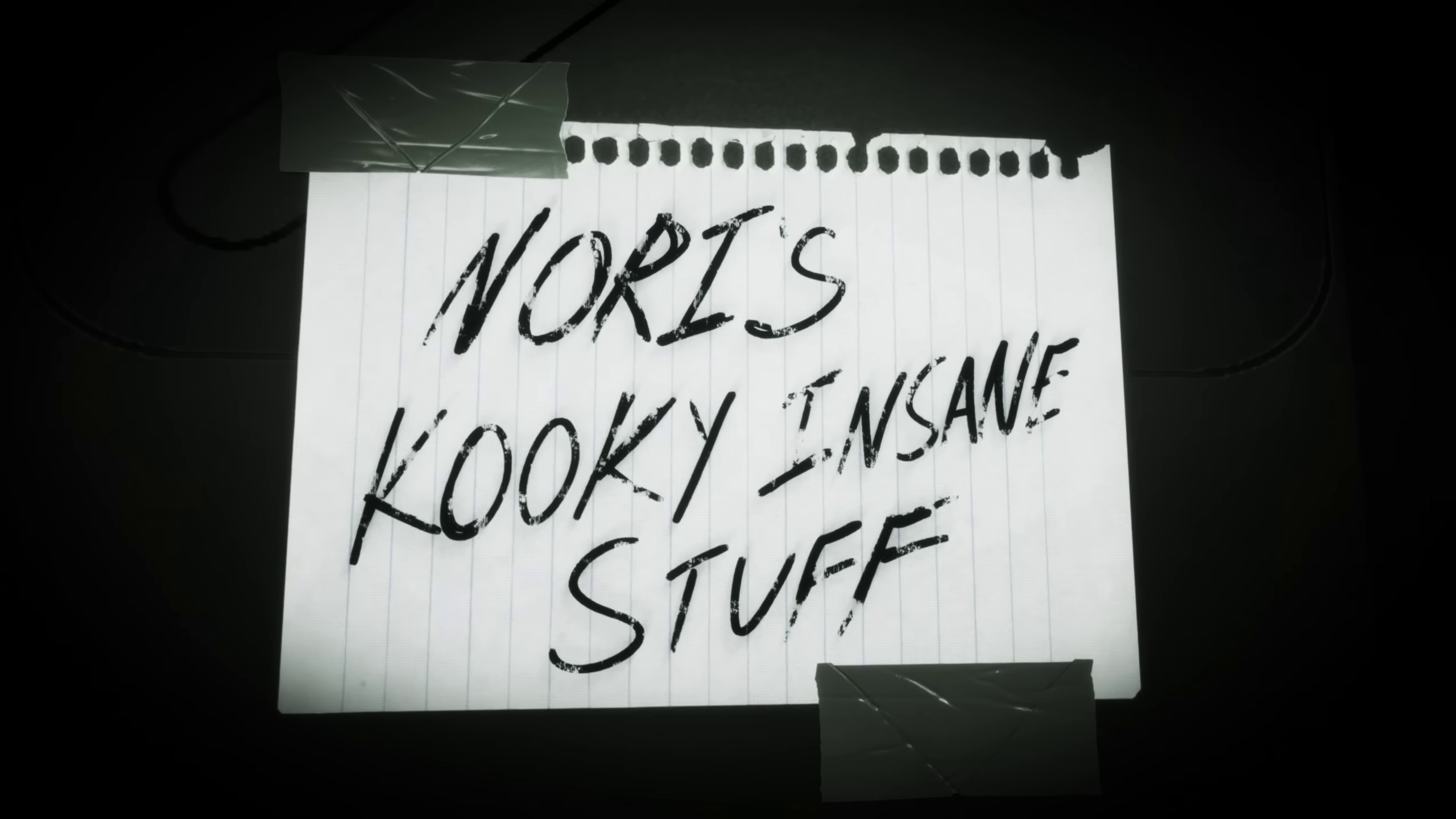Betula is a free self-hosted single-user federated bookmark manager for the independent web with archival support. Use it to organize bookmarks, maintain a linklog or a personal web archive.

Features
-
Publish bookmarks, along with optional title and description formatted with Mycomarkup.
-
Add tags to your bookmarks.
-
Bookmarks can be public or private. Share only what you want to share!
-
The whole collection is saved as a single SQLite file.
-
IndieWeb microformats are produced.
-
Simple installation: the program is one binary, the collection is one file, all configuration is done through the web interface.
-
Bookmarklet.
-
Built-in documentation.
-
Searching.
-
Fediverse support.
-
Archive copies of web pages!
-
People can follow your Betula from Mastodon, Akkoma, Smithereen and whatnot and receive all new public bookmarks.
-
You can follow other Betula instances.
-
-
Simple user interface that does not require JavaScript.
-
If you have JavaScript, you can use tag autocompletion.
-
-
Miniflux integration.
Development and news
Bouncepaw is the main developer of Betula. See his personal instance. Subscribe from any Fediverse software or with any RSS reader.
Betula packages are not managed by the Betula developers, they are managed by other people. We thank them a lot for their continuing work.
Release notes
You are encouraged to always use the latest version. Older releases are not supported.


